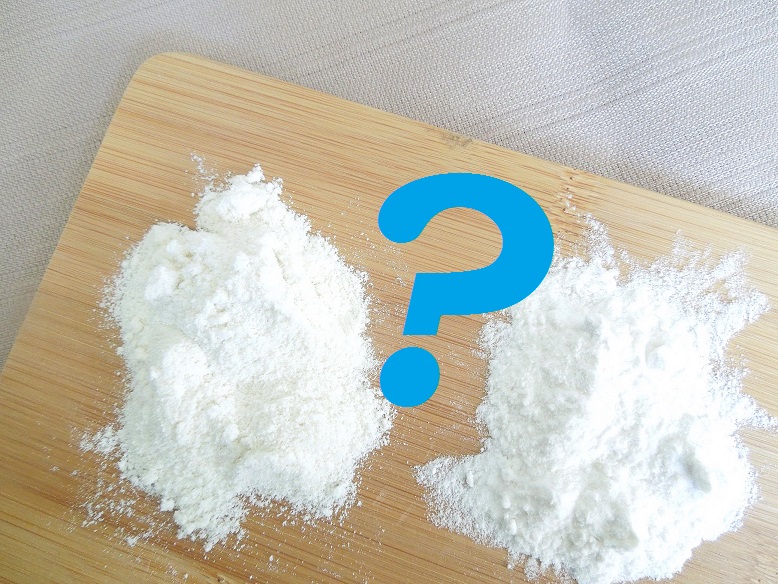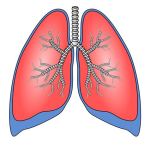Zinc Rich Foods
The best zinc rich foods are the foods of animal origin, especially certain types of shellfish, red meat and organ meats. People who eat any of these top animal foods at least several times a week are highly unlikely to develop even mild zinc deficiency.
Animal sources of zinc are considered superior and more bioavailable than zinc from plant sources because plants are high in phytates and oxalates which bind zinc and significantly reduce its absorption rates. This may lead to suboptimal zinc levels in vegetarians, vegans and those who rarely eat animal foods. More information on phytates and how to properly prepare grains, beans and nuts can be found in the Weston A. Price Foundation’s article Living With Phytates.
Since zinc is not stored well in the body, daily consumption with food is necessary. According to the Linus Pauling Institute, current recommended daily intake is 11 mg for men and 8 mg for women; zinc requirement increases to 12 mg/day in pregnant and breast-feeding women. Other sources list slightly higher recommendations: 15 mg for men and 12 mg for women; 15 mg a day for pregnant women and 19 mg for breast-feeding women. The table of zinc rich foods below is based on a 15 mg/day requirement.
The content of zinc in foods cannot be verified and should be regarded as the general guidelines only because there is no requirement to list zinc on nutrition labels, even though this trace mineral is crucial for maintaining immune health.
As with all the minerals, the exact amount of zinc in any particular food depends on the soil conditions, fertilizers and farming practices. The table does not include such foods as breakfast cereals or luncheon meats because these are processed foods of low nutritional value in general.
Note: this table is in a .jpg format. Feel free to save it on your device and refer to it when grocery shopping. I will be redoing most of the tables on the web-site in a .jpg format for easy access.
In addition, keep in mind the following facts about dietary zinc when trying to incorporate more of this glutathione cofactor into your diet:
- Since high levels of zinc are toxic (at 40 mg/day and above), deplete glutathione and interfere with copper absorption, such top zinc rich foods as oysters, crabs and organ meats should not be eaten every day.
- High levels of zinc also interfere with the absorption of selenium. If you have to take supplemental zinc, do not take it with or right before/after eating high selenium foods. Do not take a zinc supplement or eat zinc rich foods together with a selenium supplement.
- For this same reason of zinc toxicity, keep track of all your dietary sources of zinc, including zinc in your daily multivitamin if you take one.
- Commercially produced zinc rich luncheon meats (bologna, hams, beef jerky, etc.) are not the best sources of zinc because they are processed foods and contain added nitrates and other undesirable ingredients that deplete glutathione.
- Zinc absorption is higher when the levels of zinc are low, and vice versa.
- Zinc absorption may be impaired by high calcium intake and high iron intake, as well as caffeine, alcohol, oral contraceptives and anti-hypertension drugs.
Return to Top of Zinc Rich Foods
Return to Benefits of Zinc
Return to Glutathione Cofactors
Return to Home





